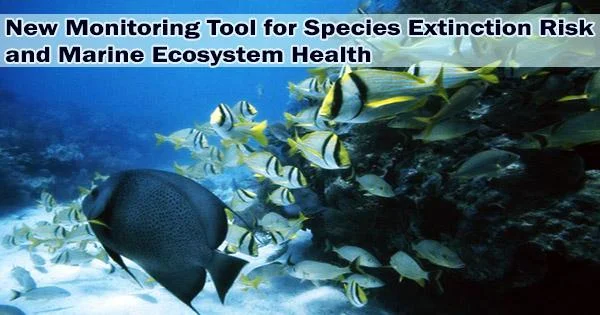An international team of academics, including scientists from Simon Fraser University, has created a new science-based indicator to evaluate the condition of the seas and the potential risk of species extinction.
On land, recent research on biodiversity reveal an unparalleled loss of species, ecosystems, and genetic variety; however, it is unknown how prevalent similar patterns are in the waters.
Researchers from Spain’s AZTI Technology Centre, working with SFU and the International Seafood Sustainability Foundation (ISSF), have created a global indicator that assesses the state of marine biodiversity based on changes in extinction risk observed in oceanic predatory fishes over the course of seven decades. The indicator was recently published in the journal Science (52 populations of 18 different species of tuna, billfish and sharks).
The study shows how, since the 1950s, overfishing pressure has caused the global extinction danger of oceanic predatory fishes to continuously worsen until the late 2000s.
The results highlight a problem in the management of sharks accidentally caught by the same fisheries, showing the importance of taking action to prevent their rising risk of extinction. However, they also provide some hope after the global rebuilding of commercially significant tuna and billfish species.
If we don’t do anything to mitigate overfishing and lack of effective management, the loss of these species threatens the balance of ecosystems and risk of food security and jobs in both developed and developing countries.
Nick Dulvy
Then, fishing mortality, tuna and billfish recovery were successfully decreased by the deployment of management measures in international fisheries organizations. However, the undermanaged shark population continues to be in risk of extinction.
“It’s encouraging to see we’ve been able to halt declines of tunas and billfishes but the decline of sharks continues,” says SFU’s Nick Dulvy, distinguished professor and Canada Research Chair in Marine Biodiversity and Conservation.
“If we don’t do anything to mitigate overfishing and lack of effective management, the loss of these species threatens the balance of ecosystems and risk of food security and jobs in both developed and developing countries.”
The authors of the study think it is possible to regulate shark fisheries in a similar manner to how tuna and billfish are managed. They claim that in order to protect marine sharks from overfishing and improve management, trade must be regulated, international fisheries authorities must redefine their priorities, and explicit biodiversity goals and targets must be established.
The study reveals that inadvertent catching of sharks can be avoided and minimized by implementing science-based catch restrictions and altering how and where gear is deployed. The CITES gathering this week in Panama presents a rare opportunity to control 90% of the world’s shark fin trade.
















